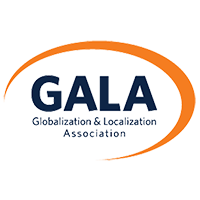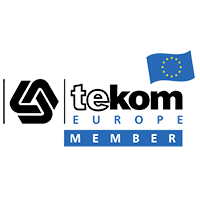Translating French Manufacturing Content
Manufacturing content requires complex and highly technical terminology, and only French translation specialists can guarantee quality results.
Any language that has official status in 29 countries and more than 280 million speakers around the world is going to have plenty of variations. This can lead to frustration for manufacturing industry clients who receive a generic “French” translation of their content with no cultural adjustment, but it also creates opportunities. Bloomberg reports that French is the second most useful language for business after Mandarin, but only about 4% of all internet content is in French and many French-speaking countries are near the bottom of global rankings when it comes to English fluency. Combine that with the well-established fact that consumers prefer reading and making purchases online in their native language, and it becomes clear that the French-speaking market is ripe for high-quality translated content in the manufacturing vertical.
A specific set of challenges
What exactly makes French so difficult to translate? Four main factors are easy to identify.
- Cultural markers – French has a whopping six levels of formality, and elevated titles are often used as a sign of respect or in a formal setting. When attempting to localize products, it’s crucial to find translators who can translate to a wide range of audiences and demographics.
- Multiple varieties of French – There are huge cultural differences in the French spoken around the globe, including the names of food, clothing, and everyday objects as well as grammar and pronunciation. If you don’t identify the specific French spoken in your target market, you risk confusing or frustrating your audience.
- Word/Sentence length – Some languages naturally have more words in sentence structures than others. French translations are usually 15 to 20 percent longer than their English source texts, so an investment in quality desktop publishing services will guarantee that the visual representation of your content stays the same en français.
- False friends – French (and the other Romance languages) come from the same Latin source, but time has changed the meanings of quite a few words. Because of this, words that sound the same now (cognates) might not always have the same meaning — something known as “false cognates” or “false friends.” Assuming that the vocabulary and culture behind these words are the same when translating may have unexpected consequences.
The Argos Approach to Manufacturing
As critical as translation services are, many companies overlook or underestimate their importance. Clear and accurate translations are one of the most cost-effective ways of improving customer service and production quality. At Argos Multilingual, we choose our translation and localization professionals based on their qualifications, experience, and knowledge of the terminology related to a given project, so that your message meets regional expectations while communicating the same message everywhere around the world. To find out more, get in touch with us.




